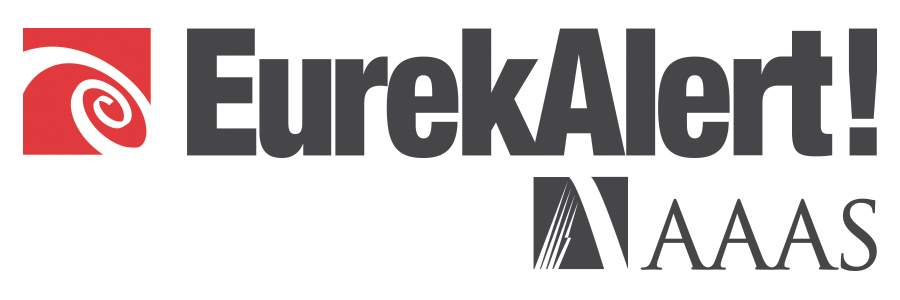
Despite an ever-rising number of pedestrian and bicyclist deaths on U.S. roads each year, there’s no widespread public pressure to improve road safety — a situation influenced by how news articles about auto-pedestrian/bicyclist crashes are written, said Tara Goddard, Texas A&M assistant professor of urban planning.
“Adopting simple improvements in crash reporting offers a potentially powerful tool to shift public awareness of traffic crashes from unfortunate, isolated events to a preventable public health issue,” said Goddard in a paper describing the first-of-its-kind study she led with a team of Rutgers University planning and public policy scholars.
The study gauged perceptions of subjects who read articles about crashes with slight, but significant wording changes that changed the focus of the article from the pedestrian/victim to the car/driver.
It’s the first study to demonstrate that patterns in crash reporting influence readers’ interpretation of what happened and who bears responsibility for the crash.
“We found that shifting from pedestrian- to driver-focused language reduced victim-blaming and increased perceived blame for the driver,” said Goddard.
In the articles, for example, “A pedestrian was hit and killed by a car” was changed to “A car hit and killed a pedestrian.”
Another example: “A car jumped the curb” was changed to “A driver drove over the curb.”
Still another example: “A pedestrian was hit and killed” was changed to “A pedestrian was hit and killed by a car.”
“Given the potential to save lives and prevent injury on a large scale, implementing more intentional writing patterns may be nothing less than an ethical imperative,” said Goddard, who led the study with Rutgers colleagues Kelcie Ralph, Calvin Thigpen and Evan Iacobucci.
Goddard’s research focuses on “vulnerable” road user safety such as pedestrians and bicyclists, autonomous vehicle technology and driver behavior, auto driver cognition and attention, traffic safety and crash reduction, and sustainable transportation design.
###
Disclaimer: AAAS and EurekAlert! are not responsible for the accuracy of news releases posted to EurekAlert! by contributing institutions or for the use of any information through the EurekAlert system.

